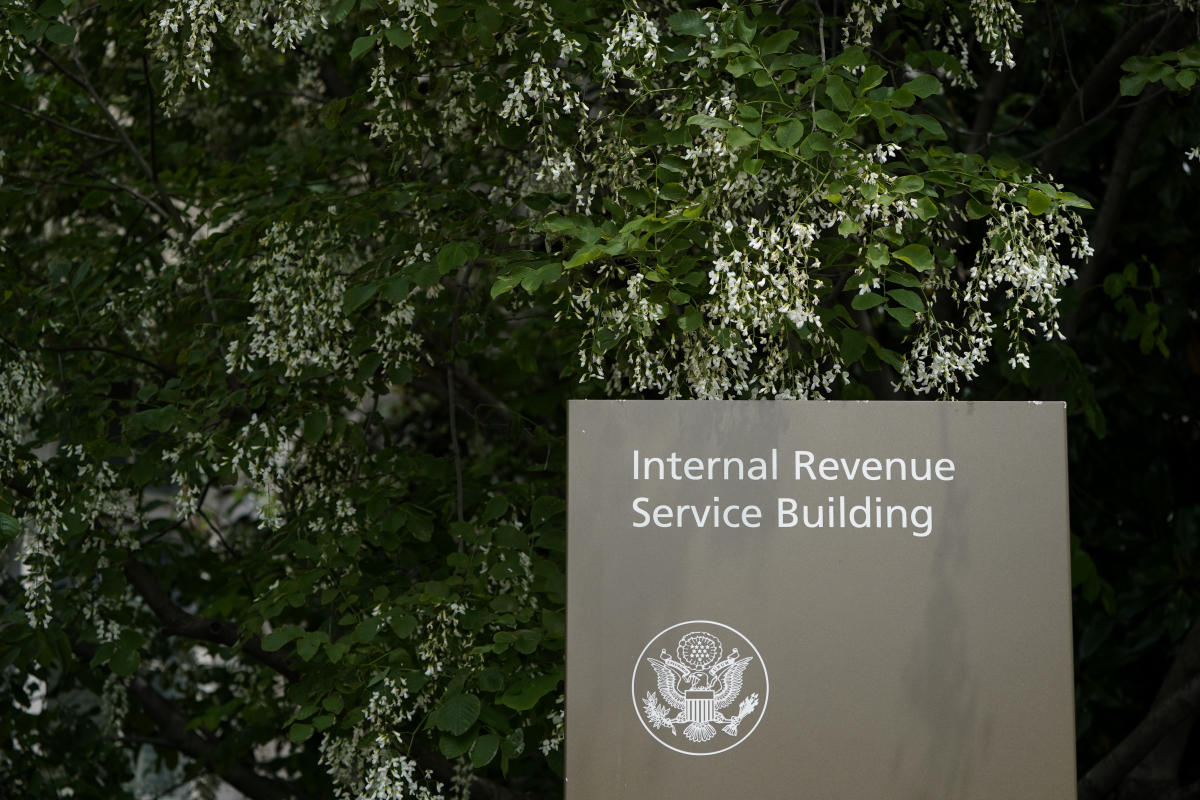
In less than a year, the IRS has deployed new resources to collect $1 billion from high-income individuals who owed at least $250,000 in recognized tax debt, Commissioner Danny Werfel said.
“Too often during the past decade, the IRS didn’t have the resources or staffing to pursue high-income earners who our compliance teams knew owed taxes,” Werfel said in a call with reporters. “The tax bill wasn’t even in dispute. The taxes were clearly owed by these people, but we didn’t have the people or the resources to follow up with them.”
The work began in September 2023, when the IRS followed up with 1,600 wealthy taxpayers who owed back taxes, Werfel said. By October, the Service had collected $100 million from 100 of these taxpayers, and, by spring 2024, the number was over $600 million. Now it is at $1 billion, a figure that Werfel described as “staggering,” especially because it was collected in less than a year.
While he did not have a precise figure, Werfel described taxes paid previously by these individuals as “de minimis” because some believed they did not have to pay taxes since the IRS could not pursue them, he said.
“One of the root causes [of nonpayment] is the implication that we don’t have the ability to do our job,” Werfel said. “I hope that notion begins to dissipate and disappear across these taxpayers.”
Funding from the Inflation Reduction Act of 2022, P.L. 117-169, revitalized the IRS, allowing it to hire more staff with the necessary skills to pursue these more complex cases, he said. Under the Further Consolidated Appropriations Act, 2024, P.L. 118-47, which Congress passed in March, $20.2 billion was cut from the original $80 billion that the legislation allocated to the IRS over 10 years. That act also provides the IRS $12.3 billion as a base budget for fiscal year 2024, the same as in fiscal year 2023.
The IRS expects to collect more taxes due from the identified individuals, Werfel said. In a similar campaign, the Service also is cracking down on 125,000 high-income earners who have not filed taxes in years. The Service should have an update on that work in the fall, Werfel said.
This type of work requires a mix of skills, including some unexpected ones. Besides people with accounting skills, the IRS has hired behavioral scientists who advise on what type of outreach will best get a response from taxpayers, Werfel said. The IRS also hired people who advise on making letters clearer for taxpayers, he said.
“When we hire accountants or revenue officers or behavioral scientists or plain language experts, we recover far more in owed taxes than what we need to pay these employees to keep them on board,” Werfel said.


